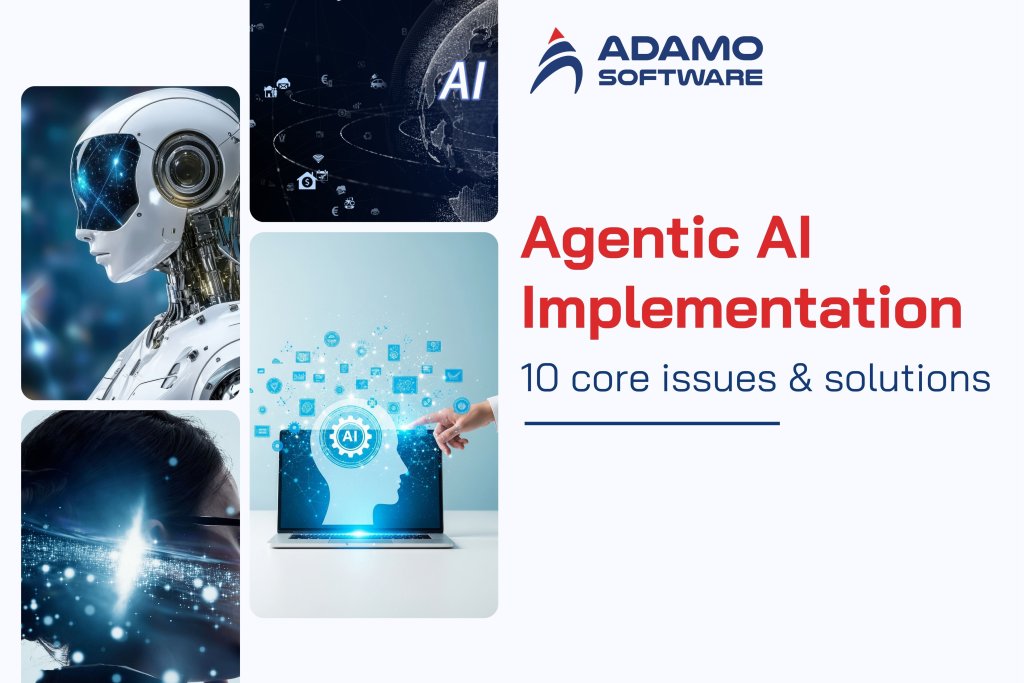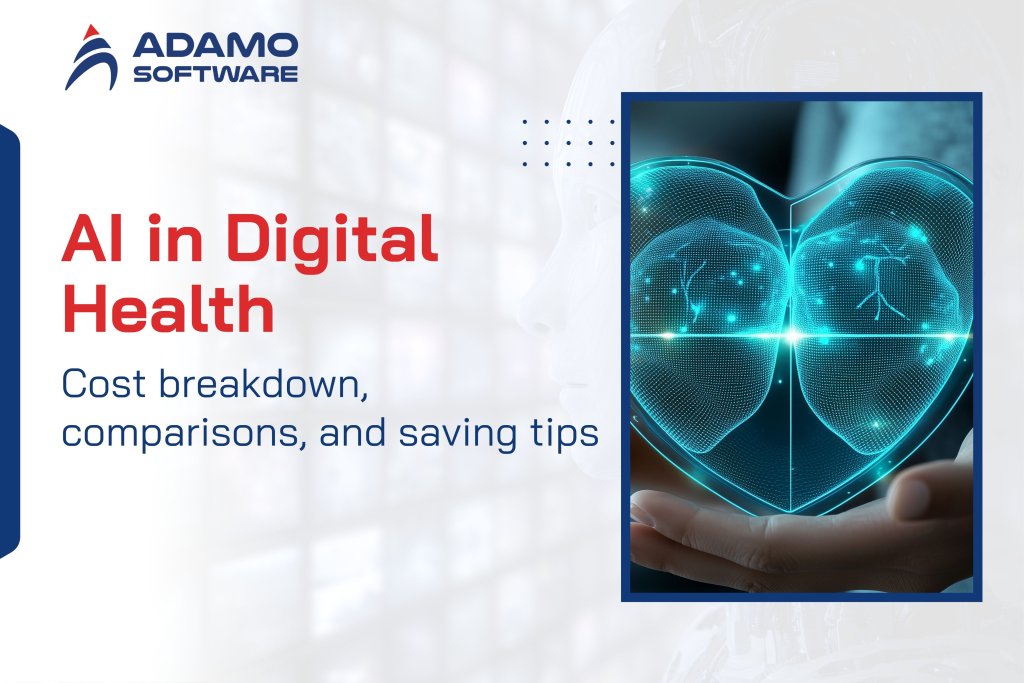AI business applications: 10 use cases you can’t ignore in 2026
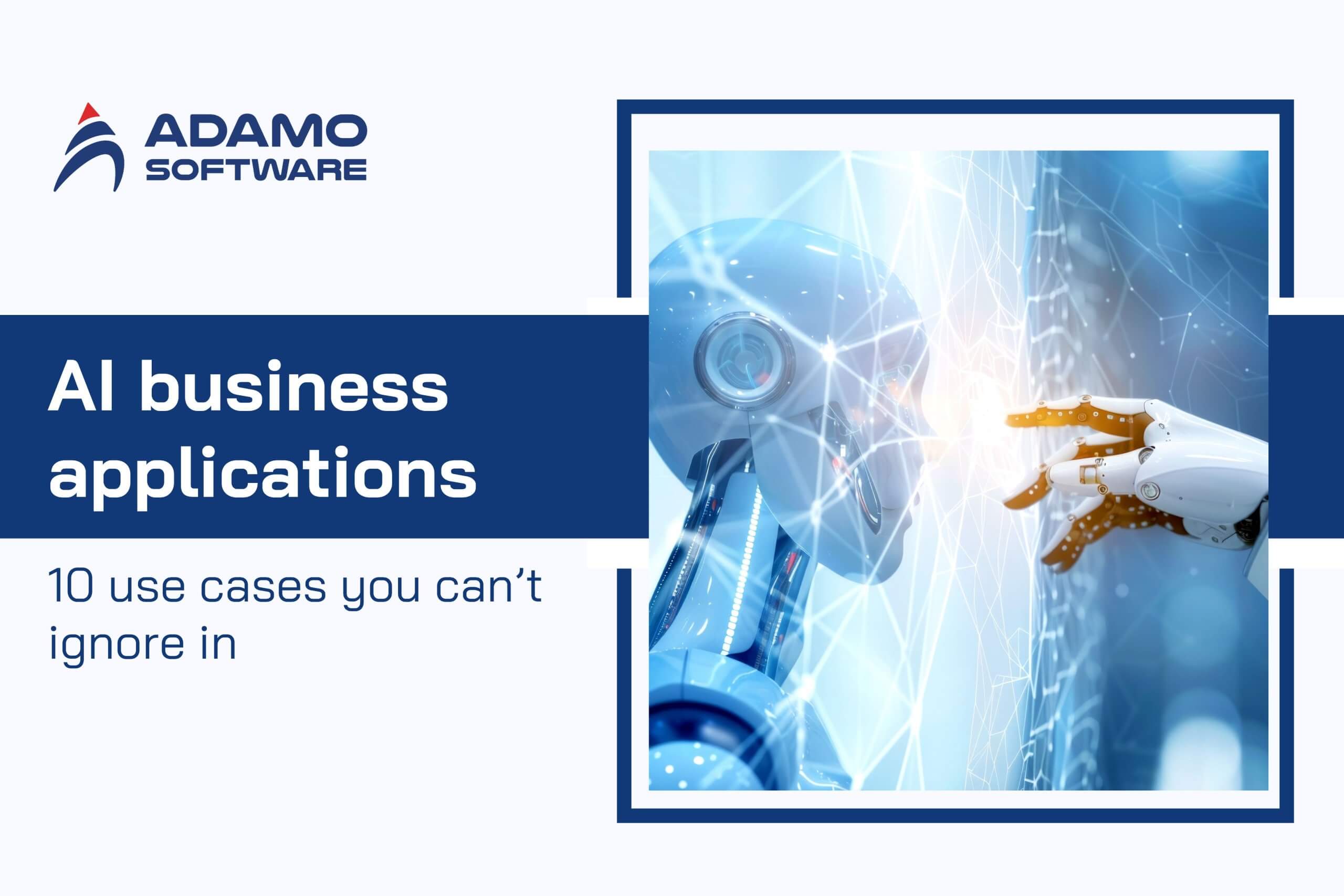
Learn the top AI business applications in 2026. See how they drive growth, improve efficiency, and create smarter strategies for modern businesses.
The concept of Artificial Intelligence (AI) is no longer a buzzword. According to a research by McKinsey, the proportion of organizations deploying AI in any business function will be approximately 78% in 2025 (compared to 55% in 2024). This robust growth indicates that AI business applications are being used, regarding support functions, in strategic and revenue-generating processes. Businesses no longer must experiment with AI including AI in marketing, sales, operations, and R&D to achieve a competitive edge.
Adoption is not sufficient, however, to ensure success. A study by the Boston Consulting Group (2025), indicates that only 26% of companies could leave pilot projects behind and start to realize real value through AI business applications (26% of companies). Most companies have difficulty scaling, data quality, governance, talent, and linking AI activities to business objectives. In the meantime, leaders in fintech, banking, and software are leading with a slight step forward. They have identified a few high-impact AI business applications instead of diluting resources.
I. Top 10 AI business applications to look forward to
With the increasing number of companies spending on technology, they become aware of how AI business applications can change operations. Approximately three-quarters of organizations (78%) are currently using AI in some business operations. Generative AI has also boomed, with 65-71% of companies implementing it in marketing, IT, or product development. Nonetheless, some companies continue to have difficulties with scaling, risk management, and deriving maximum value in such AI business applications.
The top ten AI business applications that are changing industries today have been highlighted briefly below:
- Customer Support Chatbots – Special services, less waiting.
- Healthcare & Pharmaceuticals – Diagnostics and accelerated drug development.
- Data Analysis and Insights – Big Data predictive trends.
- Finance & Fraud Detection – Intelligent trading and risk management.
- Product Recommendations – One-on-one shopping.
- Software Development – AI-assisted coding and testing.
- Human Resources – Swift screening and hiring of resumes.
- Cybersecurity – Faster identification and reaction to threats.
- Supply Chain Optimization – Supply chain forecasting and supply chain logistics.
- Marketing Analytics – Campaign predictive analytics.
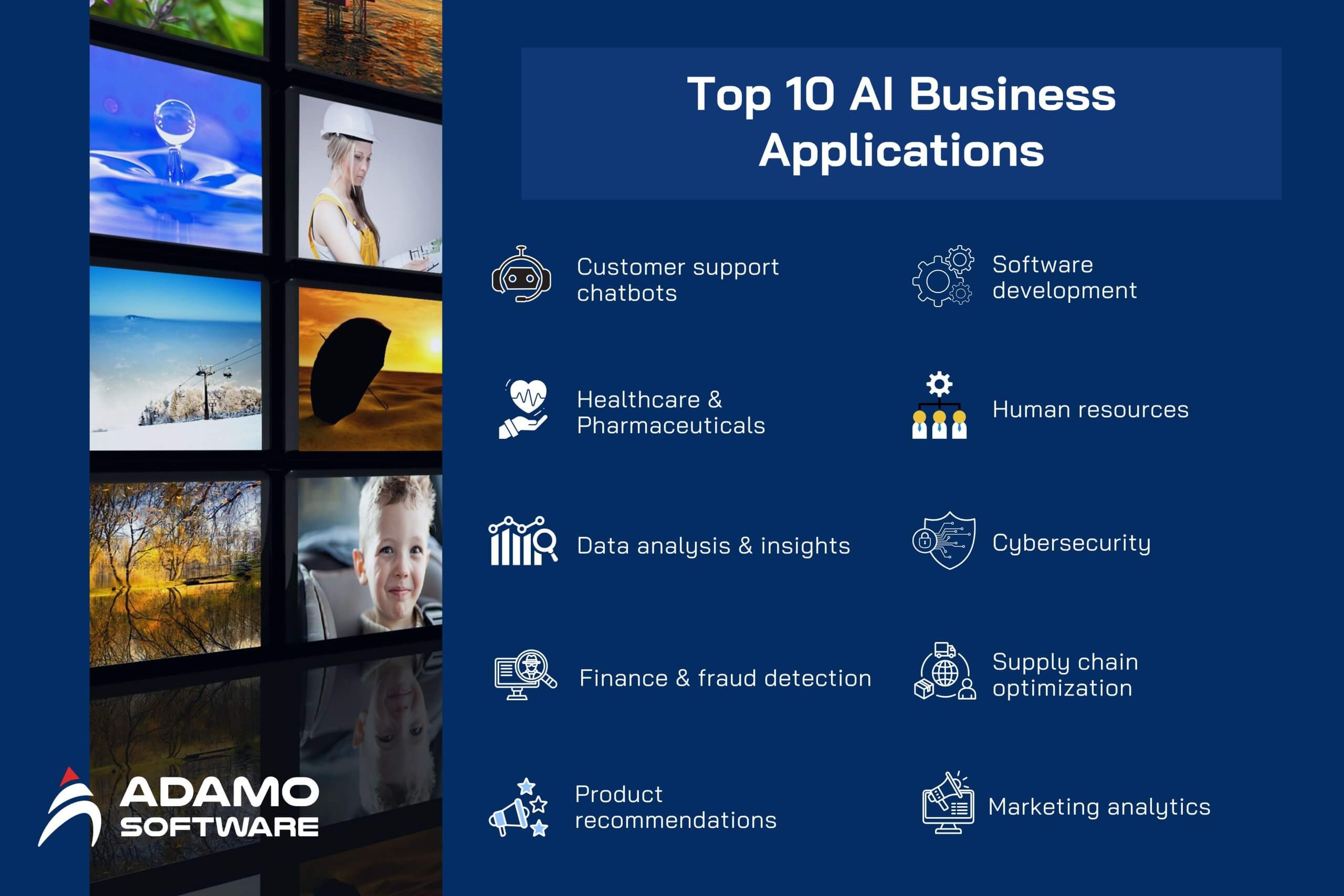
1. Customer Service Chatbots
Customer service chatbots respond to customer queries, resolve minor problems, and provide directions without always involving a human being. To learn the desires of the customers, they tend to resort to natural language processing (NLP), large language models, or generative AI. In 2025, several companies are placing investment in chatbots and other AI-based solutions due to the customers’ demand. This helps to achieve faster and around-the-clock responsiveness. These form the most obvious AI business applications currently.
Key advantages:
- They can deal with many routine questions 24/7 eliminating the need to staff them during off hours. Indicatively, 64% of CX leaders made more investments in chatbots in 2025.
- They save time: by 2026, chatbots are expected to save companies up to 2.5 billion work-hours.
- They lower expenses: since they automate simple tasks, companies can lower their support expenses. Human overhead is also minimized with digital channels containing AI tools.
- They streamline and enhance customer service: AI business applications assist in responding to queries quickly, decreasing the time to resolve. According to McKinsey, customer care operations in many companies are implemented with AI chatbots, email responses, and agent support tools.
2. Healthcare & Pharmaceuticals
Healthcare is one of the most promising applications of AI in business. Generative AI is increasing drug discovery faster, diagnostic, and personalized innovation. Gartner estimates that 30% of new drugs will be developed with the assistance of generational design by 2025 to save time and billions in research costs.
Medical imaging has become a situation where AI can help improve various X-rays, MRIs, and CT scans, and identify diseases as they develop and monitor treatment. It has a recap of patient records and produces them into a report much quicker than when done manually. In the future, the treatment plans will be constructed based on patient genetics and medical history. This will narrow the gap in care and make it more accessible.
3. Data Analysis & Insights
Data analysis & insights refers to AI business applications to analyze large volumes of data, identify trends, predict trends, and make decisions. This includes business intelligence tools, predictive analytics, and AI systems to convert the raw data into end-of-use advice. By 2025, data analysis and insights will be viewed by many companies as a part of their competitive strategy.
Key advantages:
- Better adoption: According to the State of AI 2025 survey by McKinsey 78% of organizations report using AI in one business area, including data analysis or business intelligence.
- Insight use of generative AI: 65% of participants in the same survey claim to use generative AI regularly in one or more business functions. They are associated with data analysis processes.
- Multiple functions: AI business applications are being deployed by multiple organizations, in a single area and in multiple areas, such as in data/analytics, marketing, and IT. Such breadth allows cross-functional understanding and increased decision alignment.
- More accurate forecasting and business operations: AI business applications enhance the accuracy of forecasting (e.g., staffing, demand, inventory) and decrease manual effort. Firms that applied AI to customer care could increase their accuracy in forecasts, by around 7 percentage points, and reduce the effort to handle the capacity and schedules.
4. Financial Analysis, Trading & Fraud Detection

An AI business application is helping financial institutions to assess risk, detect fraud, and assist in trading. These systems are predictive models, anomaly detection, generative AI to write reports, and compliance automation. Finance groups currently, in the year 2025, are pressured to enhance accuracy and reduce their losses. They tend to rely more on AI business applications to complete their tedious labor and identify patterns that human eyes may overlook.
Key advantages:
- Identify fraud quickly: AI business applications can catch unusual transactions, peculiarities, and avoid losses. The State of AI 2025 states that over 70% of AI-using organizations have made a reduction in error or fraud in their operations.
- Enables intelligent trading and risk decision-making: Generative AI and predictive modeling enable a trader to predict situations and stress-test their models.
- Cuts Administration and reporting expenses: The list of compliance exercises is a lot of manual work. Relevant AI business applications remove some time needed in reporting, monitoring, and auditing, cutting down on overhead.
- Enhances prediction of financial trends: The tools have the potential to take into consideration market, macro-economic, and real-time information thereby making more precise predictions. This aids in budgeting, investment planning, and risk management.
5. Product Recommendations & Personalization
One-on-one shopping is now normalized, and artificial intelligence is the fuel of the process. In the present industry, three out of four consumers demand customization in their shopping. Invoking purchase history, browsing behavior, and search intent, AI recommends products at the appropriate time, promoting sales and consumer satisfaction.
Sephora, as a company, can be seen as a successful example because it employs the recommendations provided by AI to enhance visibility. Its AI query-based landing pages, such as foundation for sensitive skin, brought a 6% increment in organic traffic. Small businesses are also lucky to have access to such easy tools as LimeSpot and Bloomreach applications that add high-performing recommendation engines to standard e-commerce. In the future, AI will be combined with voice and visual searching, and product discovery will become more personal and natural.
6. Software Development & AI-Assisted Coding / DevOps
Software development and DevOps AI business applications must have tools to generate code, review it, assist in testing, and deploy it automatically. AI assistants and general models and code suggestion Tools are used by developers. Most tech companies rely on these AI business applications in 2025 to accelerate delivery and bugs. DevOps processes are changing to feature monitoring and automated rollbacks utilizing AI.
Key advantages:
- Simpler development cycles: Developers do not need to spend time on boilerplate writing or realistic code. Artificial intelligence in business applications recommends snippets and debugs previous ones.
- Higher quality and fewer bugs: Tools can run code through their tests continuously, find bugs before they can get released, and propose solutions. That decreases downstream errors.
- Enhanced productivity: Dev teams working with AI business software can develop more advanced thoughts toward architecture, design, and creativity since systematic operations are decentralized.
- More efficient processes (DevOps): AI-driven monitoring identifies the discrepancies in building or infrastructure. Automated systems are capable of rolling back or alerting thereby reducing downtime and risk.
Explore Our Tailor-made Software Development Solutions
We are confident in providing end-to-end software development services from fully-functioned prototype to design, MVP development and deployment.
7. Human Resources & Hiring
The AI business application is transforming the talent attraction and retention process within a company in the realm of human resources. Artificial intelligence is currently used to write job descriptions, sort resumes and even, to a certain extent, read first-time video interviews. Companies such as HireVue, Paradox already apply AI to manage the initial steps of the recruitment process. This allows companies to grow to the extent of staffing without overwhelming HR departments.
In the future, predictive analytics is going to predict staffing needs, and sentiment analysis will be used to monitor the satisfaction of employees to minimize turnover rates. To illustrate an example, AI-assisted software, such as BambooHR, can help its users experience a lack of commitment before it can develop into a significant issue. Nonetheless, companies should not be too disheartened. AI has also been demonstrated to be biased when training as data is associated with. Therefore, human attention is vital to produce equal treatment of employees.
8. Cybersecurity
One of the critical domains of AI business applications is cybersecurity. All these operate to constantly monitor networks, detect threats, and respond to attacks much faster than manual systems. There were increased cyber threats against organizations, and hence increased investments by organizations in AI to safeguard systems. AI applications used in cybersecurity can act defensively or proactively.
Key advantages:
- More rapid identification of threats: Artificial intelligence can identify abnormalities or intrusions quickly and provide more vivid warnings in comparison with most previous systems.
- Monitors continuously: AI business applications operate round-the-clock, and they may adapt to new patterns of threats. This aids it in minimizing unnoticed attacks.
- Less damage and cost: By identifying the problem early, there is less loss in data, fewer hours of downtime, and reduced remediation cost in case of a problem occurrence.
- More accurate forecasting and prevention: Predictive AI can be used by some systems to predict the location of such vulnerabilities, and block or patch them before accidents can take place.
9. Operational Efficiency & Supply Chain Optimization

AI business applications such as optimization of the supply chain and operational efficiency are potent. By using predictive models, machine learning, and real-time data, they can make supply chains run smoothly and come at a lower cost. AI in the supply-chain market was experiencing good growth in 2025. Businesses are utilizing AI applications in business by predicting demand, unifying inventory, rationalizing routes, and addressing inconveniences.
Key advantages:
- Saving costs: In 2025, the global AI in supply chain market stood at approximately USD 7.15 billion, reflecting the extent of money that is spent on efficiency and optimization by businesses.
- Better forecasting: Predictive analytics allow companies to plan their demand needs, prevent over- and in-stock situations, and control lead time. These predictions are made more precise by the AI business applications.
- Better delivery and inventory: Businesses might have a faster route, fewer delays, and the ability to better control the inventory. These AI business solutions decrease redundancy and enhance consistency.
- Enhanced resilience: Real-time information and artificial intelligence models can be used to assist supply chains in becoming disruption-tolerant (weather, logistics, supplier issues). Businesses are agile in terms of changing business environments thanks to AI business applications.
10. Predictive Analytics for Marketing & Sales
Marketing is shifting from reactive campaign platforms and is becoming predictive with AI. In the current AI business applications, customers’ lifetime value is estimated, and churn risk is detected. The channel and the appropriate moment to contact people can be recommended. This assists companies in creating excessive specific campaigns that result in more successful campaigns.
Tools such as Klaviyo and Triple Whale are already assisting e-commerce businesses in turning marketing into a science by analyzing massive amounts of data. Predictive systems are however more successful with scale. A small business would need to generate enough data before results are actually accurate. In the future, predictive marketing will become even more, incorporating AIs with the implementation of behavioral signals in customers will generate proprietary customer journeys at all levels of touch.
II. What are the pros and cons of applying AI in business?
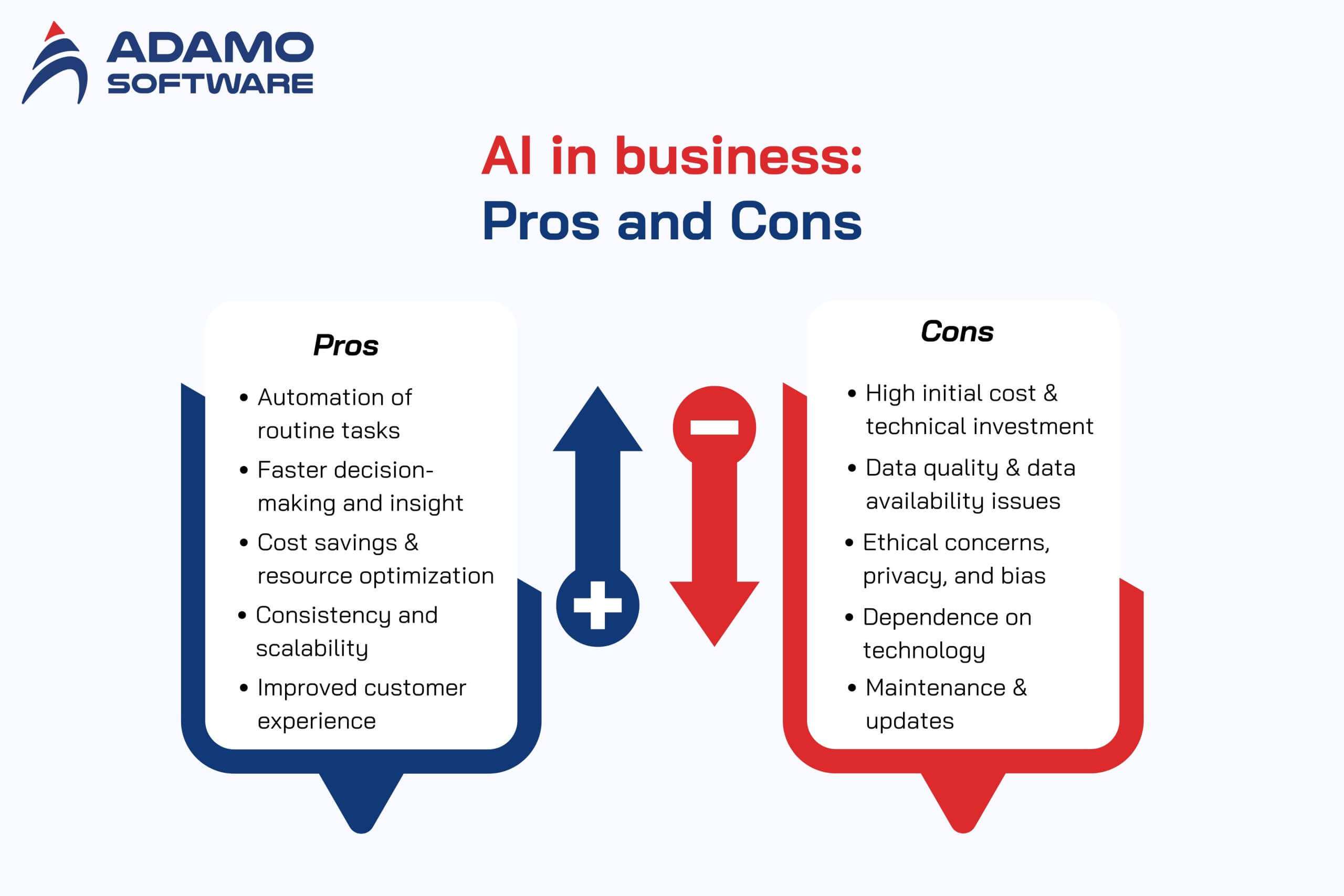
The applications of AI in business may lead to massive returns at the company level. They make working faster, reduce mistakes, and enable individuals to make more intelligent decisions. But there are risks too. Others are cost-related, some are ethics-related, and there are those about losing human touch. As early as 2025, corporations will continue to grapple with the optimal ways of offsetting the gains of AI business applications against the costs and constraints.
Pros of AI Business Applications
- Automation of routine tasks
The tedious and repetitive tasks such as data entry and invoicing, and creation of reports can be replaced by AI business applications. That leaves employees to work to do more creative or high-value work. It has been observed that automation of tasks leads to efficiency; minimized human error.
- Faster decision-making and insight
The applications assist businesses in analyzing data fast. Using AI, the trends are discovered earlier. Therefore, insight is used by managers to plan more effectively and react to market, customer behavior, or supply chain changes. By 2025, AI will have assisted many companies in making more decisions faster.
- Cost savings and resource optimization
With the help of AI business applications, businesses can reduce operational costs. They consume less due to routine work. They can also minimize waste and prevent unnecessary inventory in the supply chain. When AI is properly utilized, an efficient supply, inventory, and workflow are among the significant wins.
- Consistency and scalability
AI tools behave predictably. They are scalable with the expansion of a business. Therefore, they do not require an equivalent number of human labour. That is why AI business applications are suitable for businesses that intend to grow services or operations gradually.
- Improved customer experience
It leads to faster and more accurate work on tasks. Therefore, customers tend to receive prompt and more responsive material. As a chatbot, personalized offer, predictive support, or any other AI business application, AI is assisting businesses in serving better and building trust.
Cons AI Business Applications
- High initial cost and technical investment
Bringing AI systems to production performance, in most cases, requires large initial expenditures. You require good hardware, software, data storage, and people, and are a learner of how to create and maintain those. To most companies, these are high expenses, particularly in scaling.
- Data quality and data availability issues
AI requires relevant, accurate, and clean data. Wrong insights may be created by AI business applications, when the data is sloppy, biased, or missing. Such wrong data is bad and produces bad decisions.
- Ethical concerns, privacy, and bias
In a few cases, AI tools are inheriting meaning in data sets. They can also abuse or expose personal data. Among the concerns of users are equality and privacy. Unless managed in a way, these problems may destroy reputation and trust.
- Dependence on technology and loss of human judgment
Businesses that overly rely on AI business applications are at risk of losing human control, intuition, or creativity. Certain decisions can require empathy or situations that AI cannot understand. Brittle systems can also take the form of over-automated systems.
- Maintenance, updates, and governance challenges
Artificial intelligence models require tuning, monitoring, and updating. There must be systems of governance (who owns the data, who is an auditor of AI, who is responsible). Devoid of them, there is the risk of poorly trained AI becoming distracted, less precise, or failing in a manner that negatively affects users or business.
III. Final thoughts

At Adamo, we are sure AI-based business applications will not be just a temporary trend. It is a change in the way the business works, makes decisions, and develops. We witness daily the way that such tools can save time, reduce errors, and discover new ideas in business. AI business applications are currently defining practically all domains of work, starting with customer service to lax supply chains.
Success is not so much about technology usage. It is also about practicing with a smart approach towards it. At Adamo, we steer our partners towards the implementation of AI that is aligned with their objectives and values. We remind them that technology should not or cannot work in opposition to people, but in association with them. With the right plan in mind, AI business-related applications can make business more humane. They would release people from their everyday routines and provide them with more space to create and connect.
FAQs
1. How could one use AI to launch a new company?
One way to establish a business around AI business applications is by using AI tools to solve a real problem. Select an initial need, such as customer support or more intelligent data. Then use AI chatbots, recommendation engines, or predictive analytics to generate value. There are several small businesses today that automate their marketing via AI tools, aid in recruitment, or make operations more organized. Scaling can be good when the product is working. But you will require excellent data, area expertise, and confidence with the users.
2. Could AI replace workers one day?
Finally, many repetitive tasks of AI business applications can be automated but not all human workers are expected to be replaced in the near future. Research indicates that in 2024, companies will get involved in routine chores like data entry, simple queries by customers, and scheduling through AI. Many decisions, however, require creativity, empathy, or judgment. At AI business application-designs are not meant to replace human beings but rather work in collaboration with them. Workforce transformation is also time-consuming as individuals acquire new skills.
3. What effects does applying AI bring to a business?
AI business applications may lead to an increase in efficiency, a reduction of errors, and an enhancement of speed. As an example, a chatbot can provide the answers to numerous customer queries in a short period of time, and predictive models can prevent waste. Using AI, companies that engaged in analytics and forecasting demonstrated more robust decisions and were better suited to react to changes in the market in 2025. Conversely, there are costs in installation, risks to data privacy, and maintenance and updating systems are also included in the effects. Leaders should ensure good governance and a clear strategy to capitalize on the positive aspects of AI business applications.
4. In what ways can AI be used for everyday business tasks?
An AI business solution may aid in selling, selling, human resources, customer care, and operations. As an example, business organizations can use AI to customize advertisements, anticipate drop-out customers, or propose follow-up purchases. AI can also do scheduling, find delivery routes, or filter resumes, too. Such applications liberate individuals to work strategically.
5. What role do AI systems play in shaping overall business strategy?
Business apps assist AI in strategizing as they make predictions and point to trends. To senior leaders, insights provided by AI inform their decision-making on where to invest, what products to provide, or where to access the market. By 2024, market research enabled by analytics prediction and AI will enable companies to adapt more quickly. Not only can competition, customer change, or disruptive threats be better anticipated with the help of AI-based tools.
6. How do AI tools enhance how customers feel and engage?
There are a lot of ways in which AI business apps enhance the customer experience. The chatbots allow them to respond more quickly. They provide support 24/7. People feel seen as messages or offers are personalized. Companies that apply AI to customize content, reminders, or anticipate the needs of their customers are more satisfied. Bad design, thoughtlessness, or mistakes can damage trust. A good AI business application is developed with attention and courtesy towards users.




